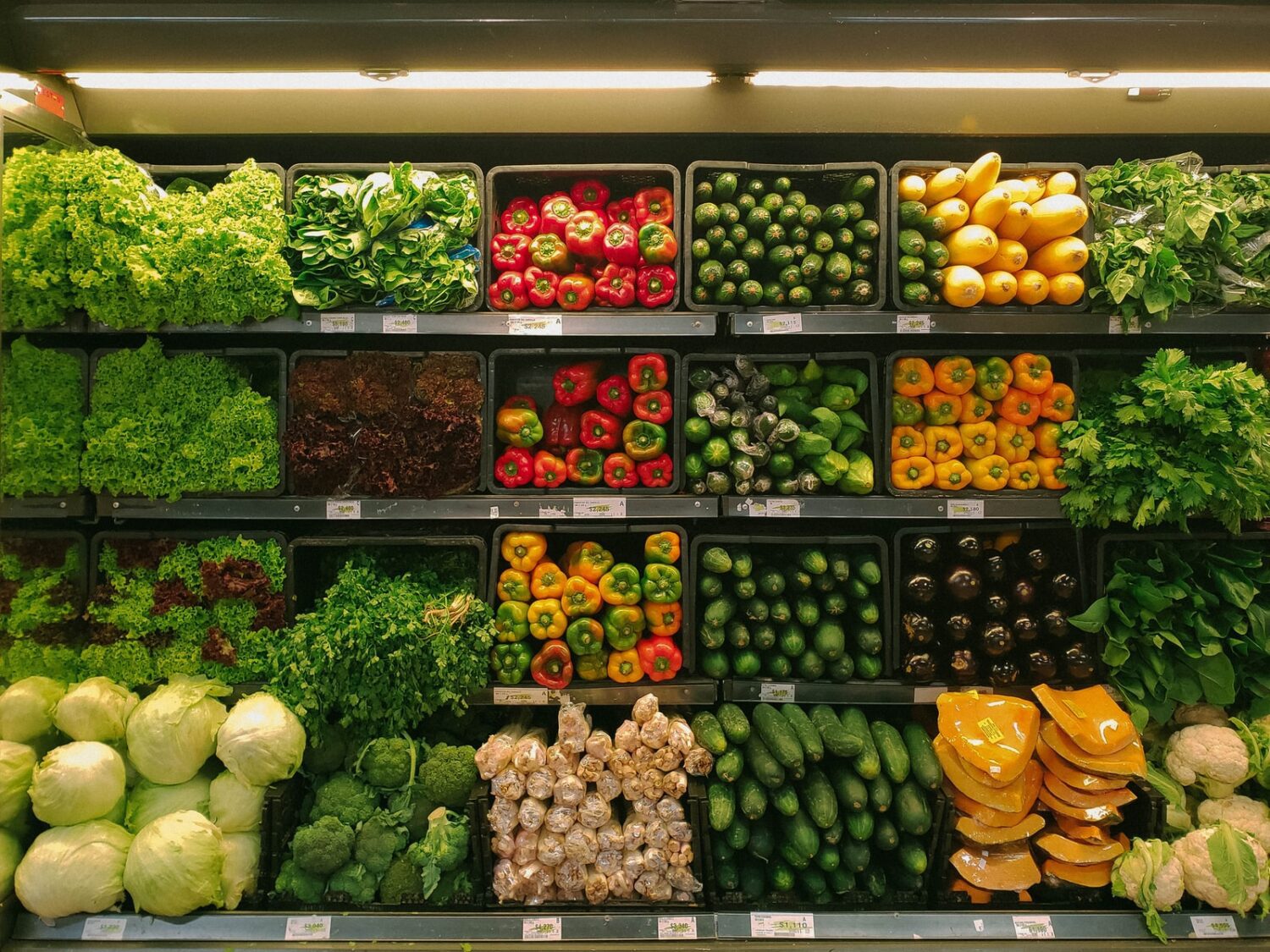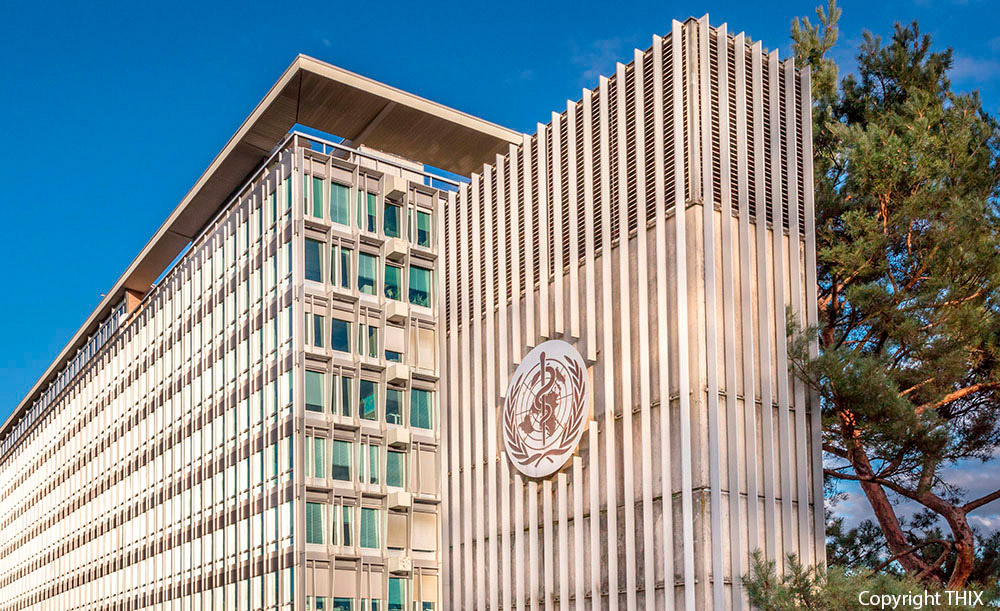by ECG
The Eurasian Creative Guild together with the Hertfordshire Press is happy to present its new project -the poetry almanac ‘Voices of Friends’! The project is aimed at supporting the poetry of classics and spreading the poetic heritage of the Eurasian peoples.
We all have been experiencing difficult times over at least the past few months. But no matter what humanity went through, there was always something that supported people in difficult times and helped them not to give up. This ray of light was and remains poetry.
The almanac ‘Voices of Friends’ is a special project that will allow you not only to present your work to the world in English, but also to preserve memories of people close to you, significant historical dates or your homeland as a part of world history and literature. The idea for this kind of collection appeared in 1960, when Soviet writer Konstantin Simonov published a collection of translations of the Voices of Friends, which included poems from poets of Uzbekistan. 60 years on, we decided to revive this wonderful idea and to give it a new sound.
The uniqueness of the almanac (diary – calendar) arises from the fact that it will be divided into 365 calendar days, where 1 page is allocated to each day. For example, you have the opportunity to put your work on Independence Day, or the anniversary of Abay Kunanbayev, etc. The collection will be a great gift for an unforgettable celebration, anniversary, birthday and perfectly fits personal social circles as well as events at the public and state level.
Each author can choose up to 6 calendar days (6 pages). The almanac will be published in the UK by Hertfordshire Press as part of the ECG book series. Mandatory copies will be sent to both the British Library and the world’s largest repository of copyrighted copies – Legal Deposit.
If you would like to participate in this project and to place your poetry in the almanac, you have to be an active member of the Eurasian Creative Guild (London) and to fill this form. The deadline is August 1st!
If you just want to support this project – you are more than welcome to do so! How to support this creative project? Here is a step-by-step instruction:
- Follow this link;
- Read about the project;
- Be interested;
- Click on the “Back it” button;
- Enter the amount of money or choose one of the benefits (Perk);
- Go to the payment page;
- Enter your card number;
- Transfer the amount;
- Be proud of yourself!
You have provided help and support to the Great Poets!
We express our incredible gratitude in advance for your support!
If you become a sponsor of one of the poems of the eminent classic (exclusively of your choice), your name will be mentioned next to the great poet in history! We also highly encourage you to share it with your friends and relatives. Let’s support the poetry classics together!










